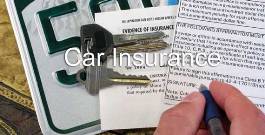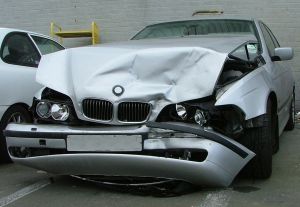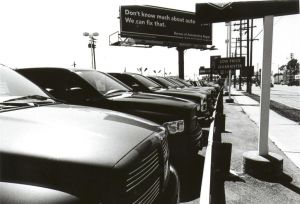 The Florida Legislature has made Personal Injury Protection (PIP) insurance a mandatory coverage for all owners of operational motor vehicles. It is coverage that is designed to pay up to $10,000 in medical expenses and/or lost wages incurred by the insured regardless of fault, hence, the reason why it is commonly called “no-fault” insurance. In some instances, the coverage will apply to others, such as some resident relatives and pedestrians.
The Florida Legislature has made Personal Injury Protection (PIP) insurance a mandatory coverage for all owners of operational motor vehicles. It is coverage that is designed to pay up to $10,000 in medical expenses and/or lost wages incurred by the insured regardless of fault, hence, the reason why it is commonly called “no-fault” insurance. In some instances, the coverage will apply to others, such as some resident relatives and pedestrians.
Before the policy is written, an insurance application must be completed. Insurance companies rely on the information provided in the application to set premium rates. The greater the risk, the higher the premium. Risk is determined by a number of factors, including the age and driving record of the applicant, and the number of potential individuals covered under the policy.
Section 627.409 Florida Statutes outlines the circumstances which allow insurance carriers to deny coverage. The statute reads as follows:
627.409 Representations in applications; warranties.–
(1) Any statement or description made by or on behalf of an insured or annuitant in an application for an insurance policy or annuity contract, or in negotiations for a policy or contract, is a representation and is not a warranty. A misrepresentation, omission, concealment of fact, or incorrect statement may prevent recovery under the contract or policy only if any of the following apply:
(a) The misrepresentation, omission, concealment, or statement is fraudulent or is material either to the acceptance of the risk or to the hazard assumed by the insurer.
(b) If the true facts had been known to the insurer pursuant to a policy requirement or other requirement, the insurer in good faith would not have issued the policy or contract, would not have issued it at the same premium rate, would not have issued a policy or contract in as large an amount, or would not have provided coverage with respect to the hazard resulting in the loss.
(2) A breach or violation by the insured of any warranty, condition, or provision of any wet marine or transportation insurance policy, contract of insurance, endorsement, or application therefor does not void the policy or contract, or constitute a defense to a loss thereon, unless such breach or violation increased the hazard by any means within the control of the insured.
Continue reading
 Florida Injury Attorney Blawg
Florida Injury Attorney Blawg










